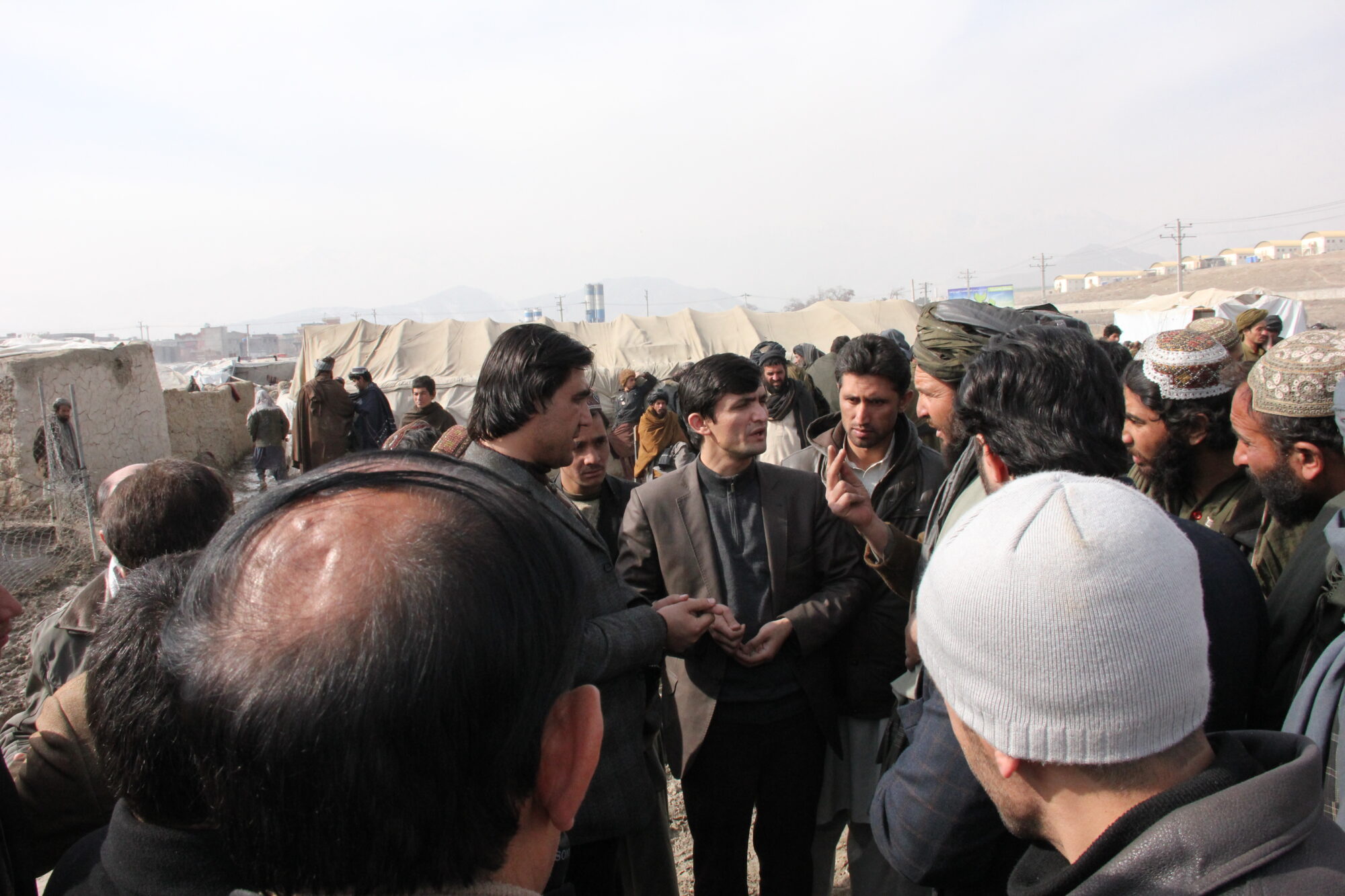Key Qualities of a Strong Human Rights Activist within Government
When government officials stand up for human rights, they play a vital role in building fair and just societies. However, balancing the duties of running a government with advocating for rights can be challenging. To do this effectively, certain qualities and approaches are essential. This article highlights simple but strong arguments about what makes a good human rights activist in government: creating a friendly environment, enforcing laws, listening to the people, and choosing peaceful methods.
Creating a Friendly and Respectful Environment
A good human rights advocate in government must be approachable and respectful. When officials are friendly and listen carefully, people feel safe to share their problems and concerns. This openness helps officials understand issues better and find effective solutions. A friendly environment encourages trust and cooperation, making it easier to work together to protect everyone’s rights. If people feel respected and heard, they are more likely to support government efforts to promote justice and equality.
Making Sure Laws Are Followed
Laws are the foundation of protecting human rights. An effective official must ensure that laws designed to safeguard rights are properly enforced. This means checking that authorities and institutions follow the law and take action when rights are violated. When laws are enforced fairly and consistently, people’s rights are better protected, and justice is more than just words on paper. Strong law enforcement also sends a message that human rights matter and will be upheld.
Listening to and Supporting Marginalized Voices
Many groups in society face discrimination, neglect, or invisibility, and their voices are often ignored. Strong human rights advocates listen to these marginalized groups and give them a platform to speak. By hearing their concerns, officials can create policies that truly help and include everyone, especially those most in need. This approach makes society fairer, more inclusive, and more respectful of diversity. When marginalized voices are heard, it builds trust and shows that government cares about all its citizens.
Promoting Peaceful and Non-Violent Action
Sometimes, advocating for rights can lead to disagreements or conflicts. Good officials understand that violence or force never lead to real solutions. They prefer to use dialogue, negotiation, and peaceful protests to bring about positive change. Non-violent methods are more effective, safer for everyone, and more likely to create lasting solutions. Promoting peace and understanding helps to build a society where disputes are resolved calmly and human rights are respected.
In Summary
A strong human rights advocate within government is someone who listens, enforces laws, respects others, and promotes peace. These qualities help build trust, protect people’s rights, and create a society where everyone is treated fairly. Even while working in official roles, these simple but powerful principles can make a big difference in defending human dignity and promoting justice. By combining kindness, law enforcement, listening, and peaceful action, government officials can be true champions of human rights and positive change.
